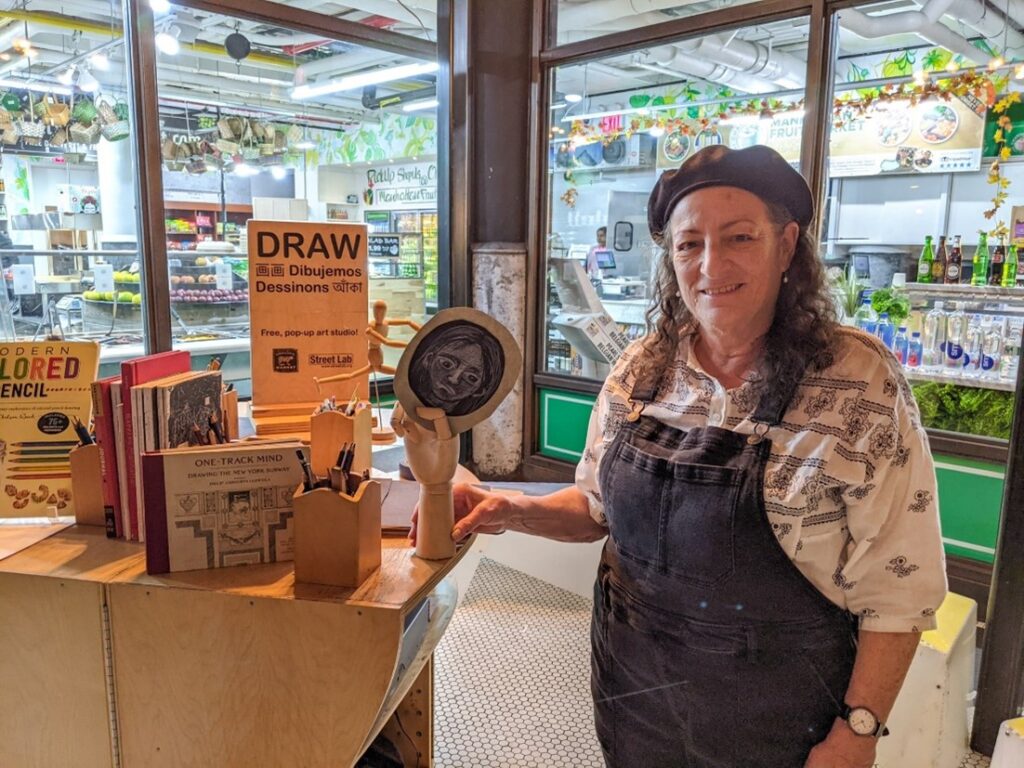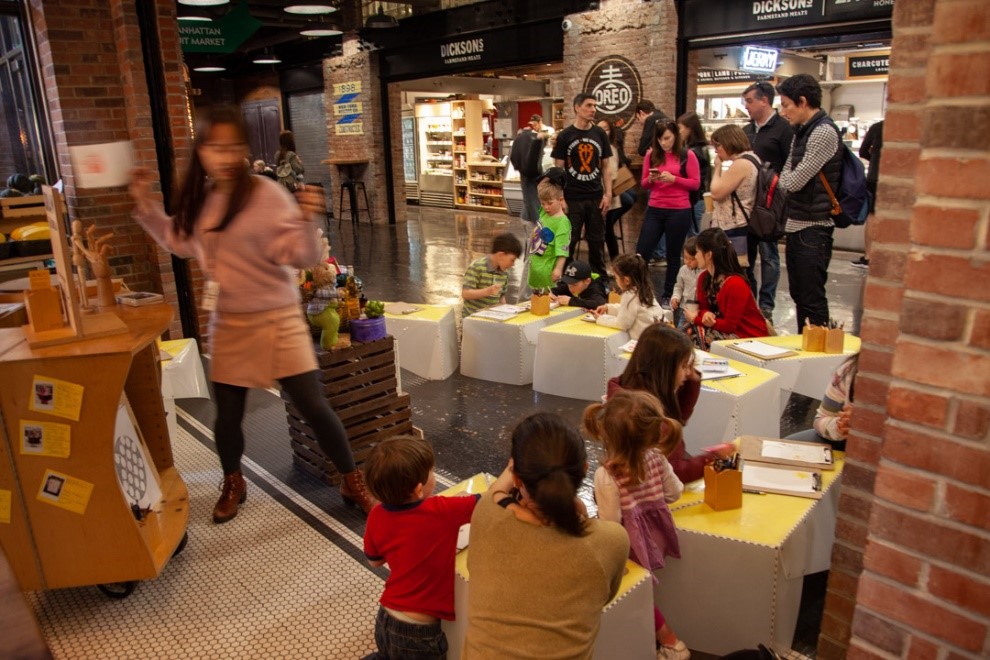
Chelsea Market is an iconic destination in the heart of New York, loved by both locals and visitors.
It is a one-stop shop for both foodies and shoppers; as it is a food hall and a shopping mall in one, with commercial spaces such as offices and a television production facility. It is unique on its own, but what truly sets it apart is its initiative to offer startups free retail spaces and allow them to shine.
There is a growing trend among food halls – they are offering rent-free spaces to start-ups. These start-ups get to open a pop-up shop in a prime location, giving them a huge advantage in the business. In return, the food hall gains a source of fresh ideas and flavors.
Thomas Ligor explores below the growing popularity of pop-up shops and how they are integrated into the marketing strategies of Chelsea Market businesses.
Pop-Up Popularity: Advantages of Pop-Up Shops
Generates Buzz
One of the biggest advantages of pop-up shops is that they help brands and startups generate buzz – the sudden existence of a new shop taps into the interest of consumers. Established brands such as Adidas, Levi’s, and Gap have used this marketing tool to draw attention to a new product or promotion.
In the case of Chelsea Market, the food hall will also benefit from the buzz generated by the pop-ups that open in their retail spaces.
Allows for Testing and Experimentation
The temporary and low-cost nature of pop-up shops gives brands the opportunity to test new products and promotions in the market to gauge the demands of consumers.
This is especially true for the start-ups that have a pop-up shop in Chelsea Market – they can leverage the large influx of customers to identify which items on their menu have the potential to make it big on the market.
In return, the food hall gets to offer their customer base with a wide variety of food options, fostering repeat business. According to the Michael Phillips, President of Alphabet Inc. (the owner of Chelsea Market), “These partnerships give us access to regional specialty food in a really interesting way.”

Encourages Spontaneous Sales
Pop-up shops are temporary, which consumers view as “limited edition”. Because these shops will be there for only a limited time, it creates a sense of urgency among shoppers to visit the shop and buy their products now.
Builds Brand Awareness
Having a pop-up shop helps a start-up build awareness and extend its brand.
Online businesses can now interact and build relationships with their customers face-to-face, providing them with the opportunity to showcase and demonstrate their products’ features and functions that are otherwise difficult to do online.
For the pop-ups in Chelsea Market, they can associate their name with the iconic food hall, which can go a long way in their marketing strategies.
Start-ups who are chosen to create a pop-up shop in Chelsea Market are incredibly lucky; not only do they get maximum exposure and reach a wider audience straight away, but they also get to showcase their skill and products in a historical place, which will be tied to their name forever.



